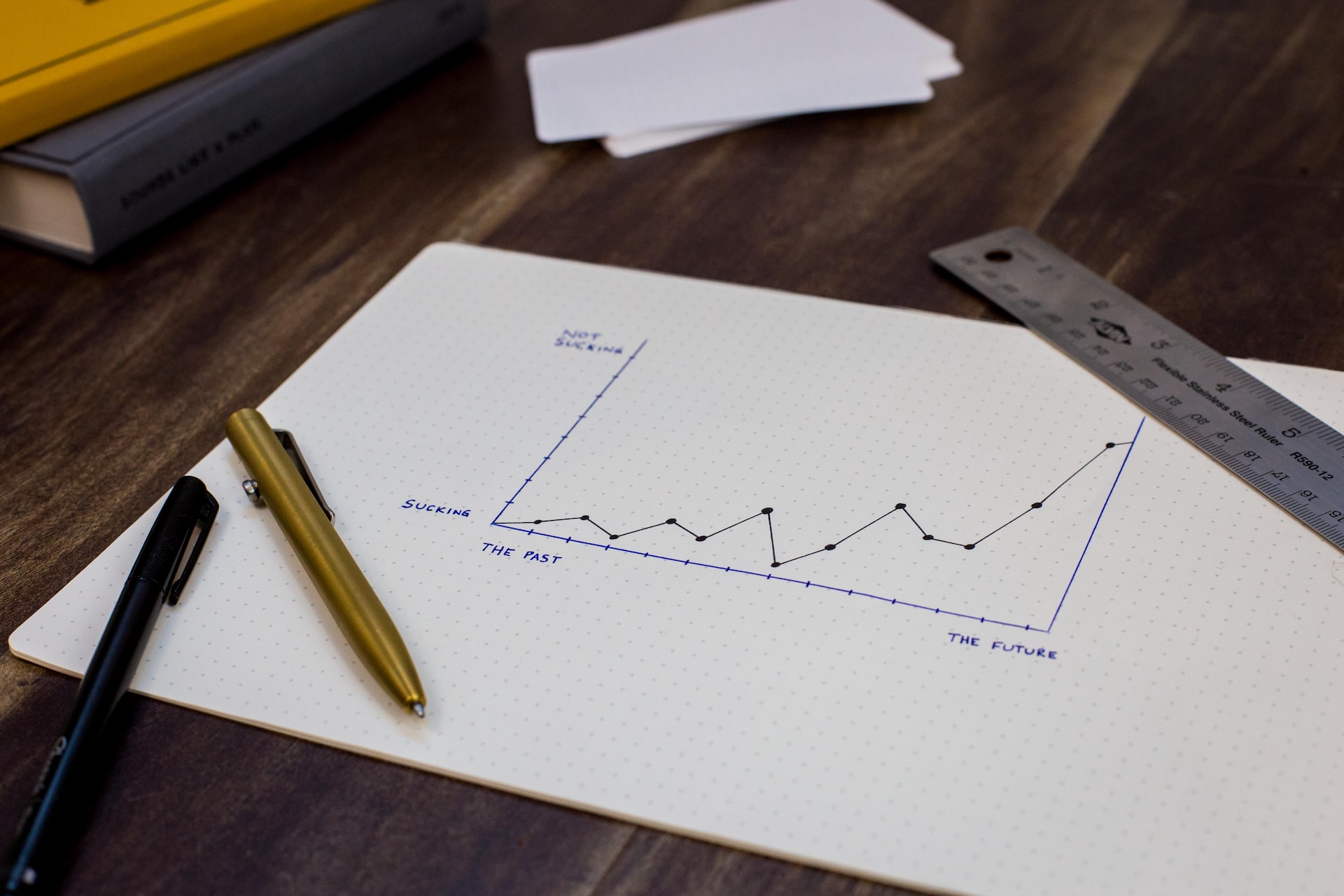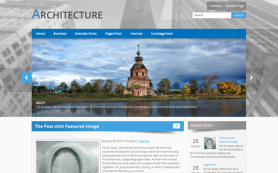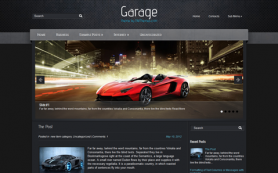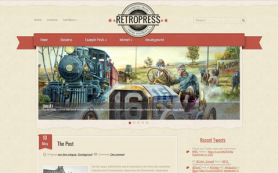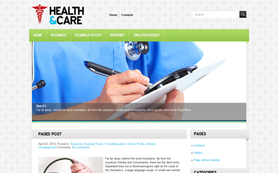Getting your website ranked is one of the most promising things that any SEO analyst would want. However, keeping it ranked is where the real battle begins. Google algorithms often change and lead to unexpected results based on what Google wants websites to focus on.
There’s a lot for an SEO analyst to manage, which is why you should be on your toes for keeping your website on the good list for Google. But what should you be focusing on to keep your website in a good position? We’re here to find that out. Below are 10 things that you should avoid so that your website remains steady in its ranking. So, let’s get started:
Slow Loading
The one thing that everyone dislikes is slow loading and buffering; whether it’s for a website, mobile app, etc. Studies have indicated that almost 53% of the total users leave a page if it takes more than 3 seconds to load, causing a huge spike in the bounce rate.
That is why you need to ensure that your website’s components as well as your internet’s speed are good enough to give the loading boost needed. For your internet needs, we recommend the services of Windstream internet as it provides reliable internet solutions with the consistency needed to run high-end websites. Simply visit https://www.localcabledeals.com/windstream/internet and you’ll find an appropriate internet offer right away to get started.
Poor Content
Yes, things like keyword stuffing, keyword cannibalism, poor writeup, etc. are no longer supporting websites, rather declining the performance. Most recently, Google released what it called the ‘Helpful Content Update’. According to what’s surfacing the internet, it allows Google to scrap through the site’s content to pick and rank only the one that is offering ‘value’ in the ‘true sense’ for the searcher’s query.
Therefore, if you’re uploading spun content, plagiarized content, using inappropriate or wrong referencing techniques, and worse of all, publishing poor content, then your site is surely going to get a hit.
Too Little or Too Much Text
Poor content is one thing, but writing incomplete content or adding ‘way’ too much content than needed is another thing you should avoid for protecting your website. With a similar update released recently, adding unnecessary information, without linking it logically with what’s required is going to get your site a hit.
Also, if you’re adding too little information, and unable to cover the query, then your site will not be ranked too. That is because your site isn’t offering what the query is asking, which is why Google won’t consider your site credible.
Using No or Little Media
As per the studies, the human brain processes visuals 60,000 times faster than text. On the other hand, adding infographics make it easier for the users to perceive your content better, interact with it and stay on your website longer.
But if you’re just adding texts and not adding any media, images, videos, etc. at all, then the users aren’t going to interact with your site for long. Even if you’re focusing on the right content quality, sites with media will most probably will ranked higher because of their engagement. So, avoid adding no media at all, and make your content rich for the users.
Tacky Page Design
The one thing that every user interacting with your site is expecting is ‘ease’. Whether it’s for their search, navigation on the site, or for anything else. Your page design matters a lot when it comes to attracting users, and web designers prioritize amazing designs to make sure that everything looks spot on.
However, if you’re stuffing your page with too much content, making it eye-pinching and uneasy to navigate, then nothing’s going to work. Also, it’s one of the competitive on-page SEO strategies, if done right, it will help your site rank quite effectively.
Addressing 100% Of The Audience
There’s no way that you can address 100% of the audience coming to your site with just one element or even with multiple elements. Remember, your content, page, and elements on the particular page are meant to address a targeted audience.
Collect demographics of what customers want and are interacting with on your site. Narrow down to potential options and create content and elements based on that. Doing this will generate a better chance of addressing a low number of visitor needs but gaining a highly positive response, given it’s done right.
Analyzing Blindly
Yes, your experience may hold years of knowledge but if it was enough, why would we create computers? Also, there are so many things that you won’t be able to run or calculate on your own. For instance, what if you need to run keyword analysis for your competitor’s site? Can you compare your performance with the tools that actually do this job for us? Certainly not!
That is why you must run analytics., Aand if you’re aiming to become a successful SEO analyst, then it’s imperative to use analytical tools for assistance. In addition, these tools help you understand the metrics of your website as well as allow you to perform certain processes that will elevate the site’s performance.
Not only this, but you get aware of what your competitors are working on too. Therefore, not having an analytical tool will surely ruin the entire workability of your site, ultimately leading to a drastic consequence.
Closing Thoughts
Although these aren’t covering the entirety of what’s required to enhance the performance and credibility of your website, still, following these, you’ll be able to fortify the foundation. Just make sure to run your website by avoiding these crucial elements, and you’ll be sorted for good.
 Members Area
Members Area
